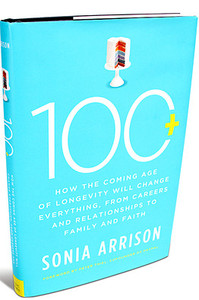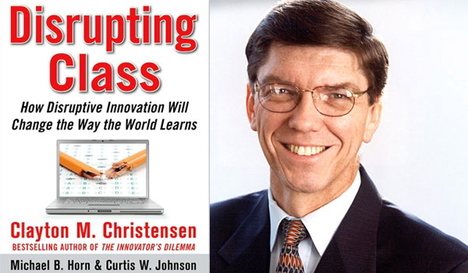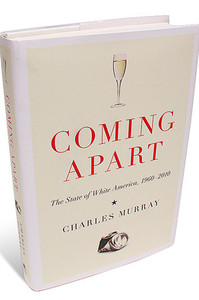“John Mackey.” Source of caption and photo: online version of the NYT article quoted and cited below.
(p. 16) In your new book, “Conscious Capitalism,” you write that Whole Foods sees its customers as its “most important stakeholders” and that the company is obsessed with their happiness. The biggest complaint I hear about Whole Foods is how expensive it is. Why not drop prices to make your customers happier?
People always complain about prices being too high. Whole Foods prices have dropped every year as we get to be larger and we have economies of scale. Also, people are not historically well informed about food prices. We’re only spending about 7 percent of our disposable personal income on food. Fifty years ago, it was nearly 16 percent.
. . .
In 2009, some Whole Foods customers organized boycotts after you wrote an op-ed in The Wall Street Journal expressing opposition to Obama’s health care proposals. Do you wish you hadn’t written it?
No, I don’t. I regret that a lot of people didn’t actually read it and it got taken out of context. President Obama asked for ideas about health care reform, and I put my ideas out there. Whole Foods has a good health care plan. It’s not a solution to America’s health care problems, but it’s part of the solution.
So did you vote for Romney?
I did.
I imagine a certain percentage of Whole Foods customers will also boycott because of this.
I don’t know what to say except that I’m a capitalist, first. There are many things I don’t like about Romney, but more things I don’t like about Obama. This is America, and people disagree on things.
For the full interview, see:
Andrew Goldman, Interviewer. “TALK; The Kale King.” The New York Times Magazine (Sun., January 20, 2013): 16.
(Note: ellipsis added; bold in original, indicating interviewer questions.)
(Note: the online version of the interview has the date January 18, 2013, and has the title “TALK; John Mackey, the Kale King.”)
Mackey’s book is:
Mackey, John, and Rajendra Sisodia. Conscious Capitalism: Liberating the Heroic Spirit of Business. Boston, MA: Harvard Business Review Press, 2013.





